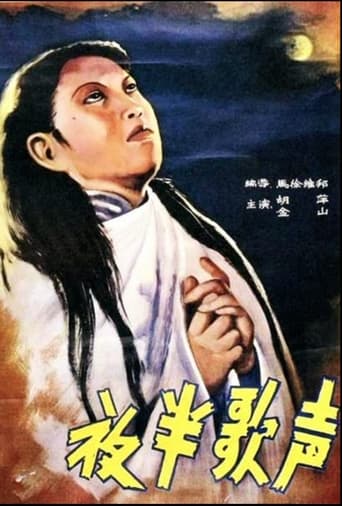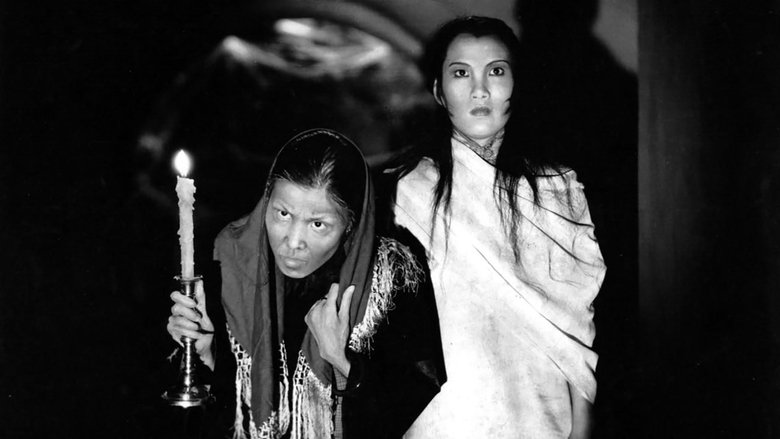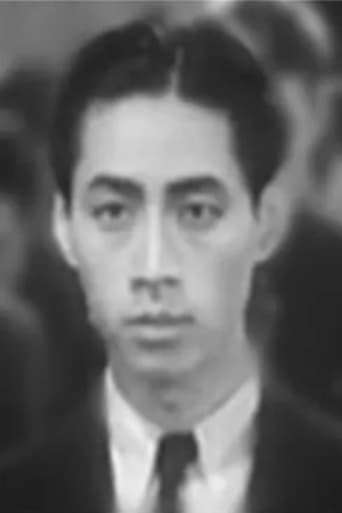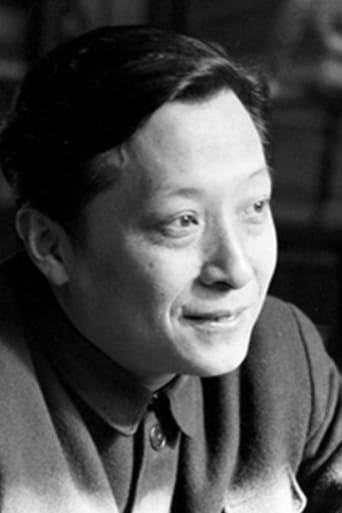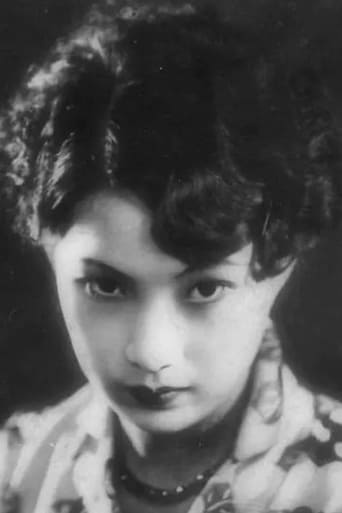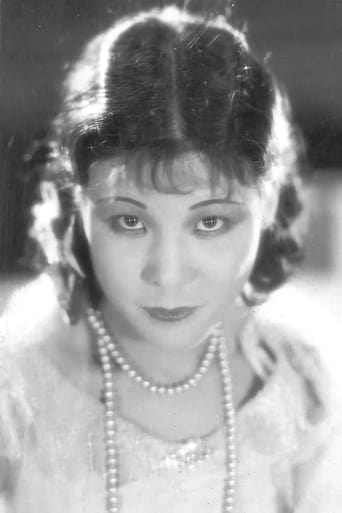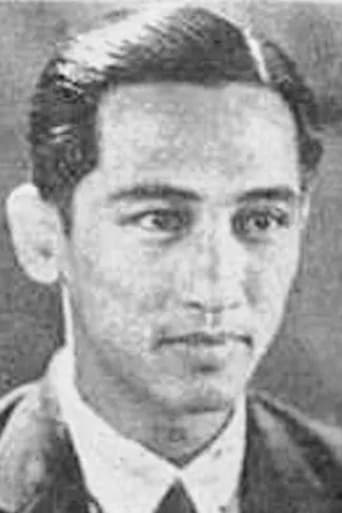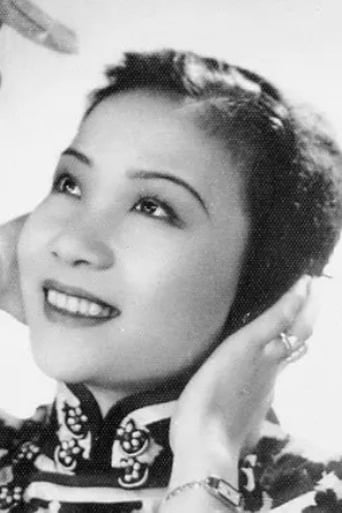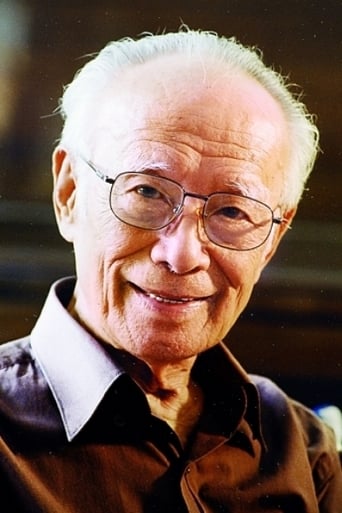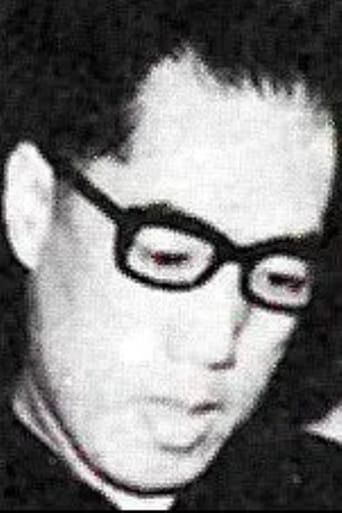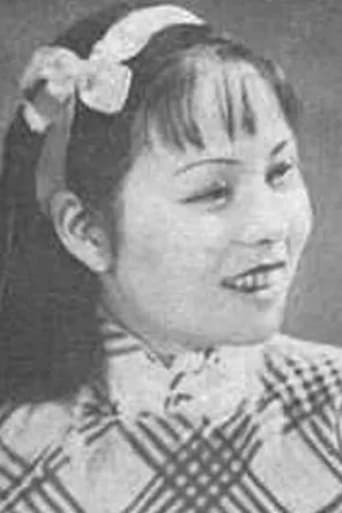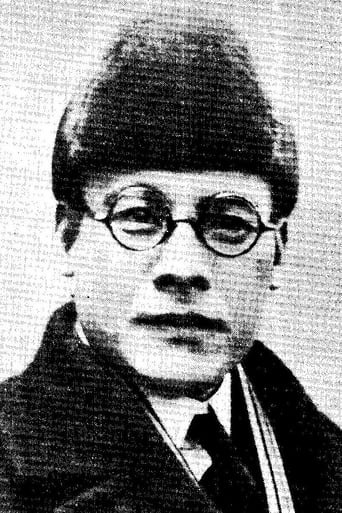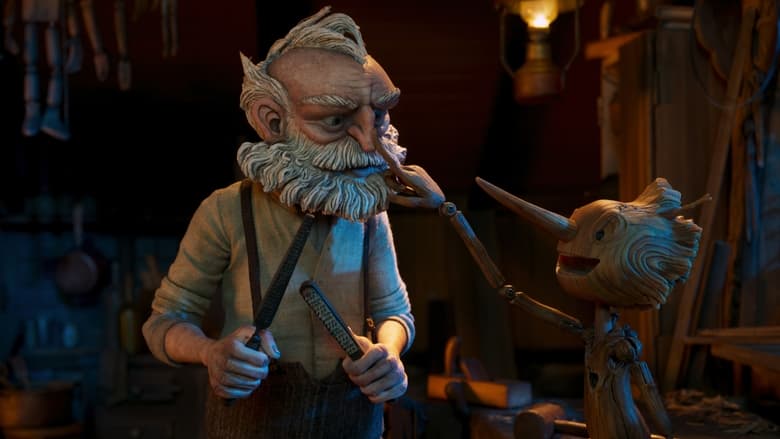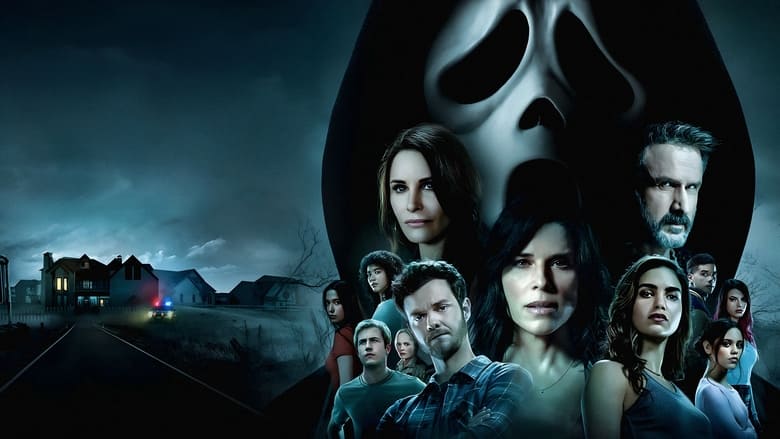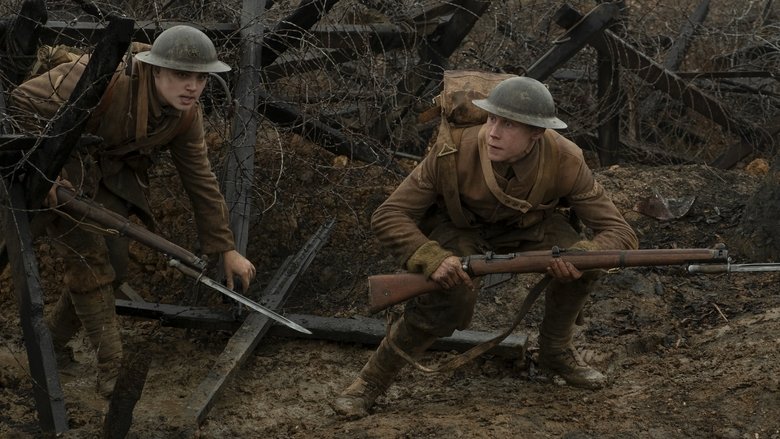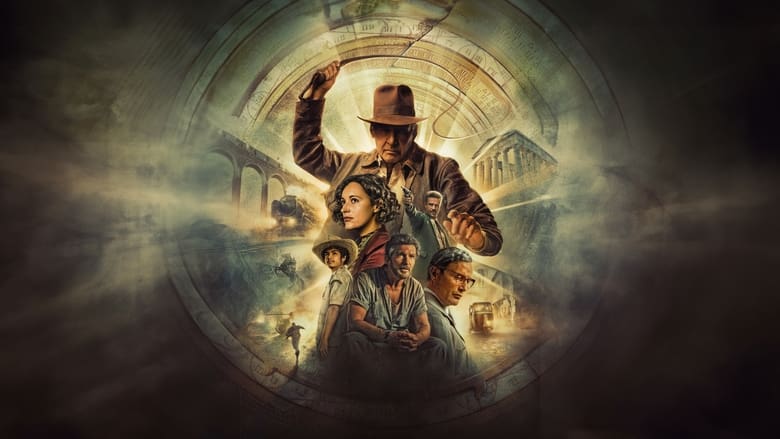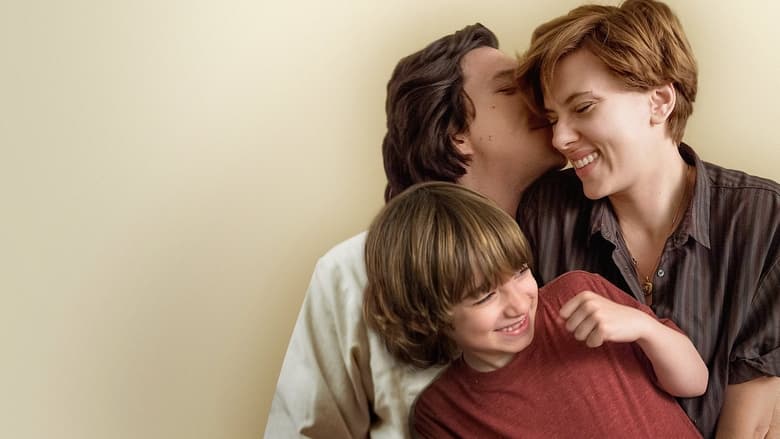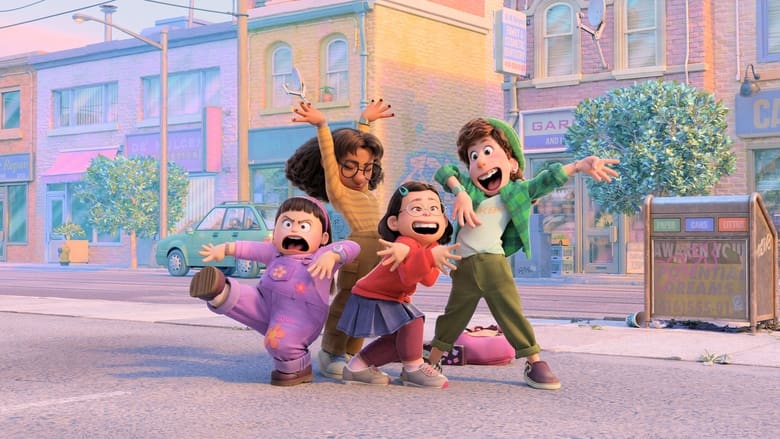In this Chinese version of The Phantom of the Opera, the mysterious Song Danping terrorizes the newly rebuilt opera house and its young star.


Similar titles

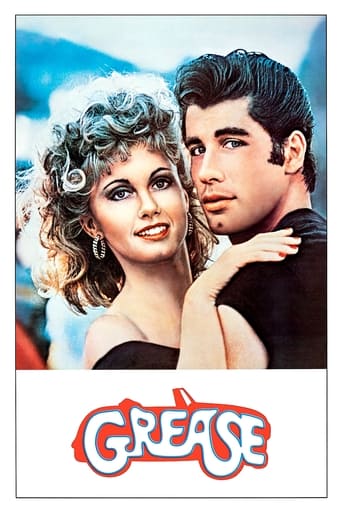


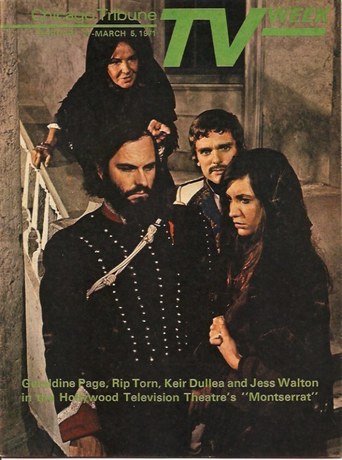
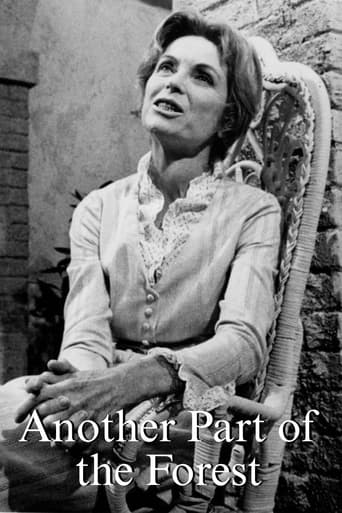
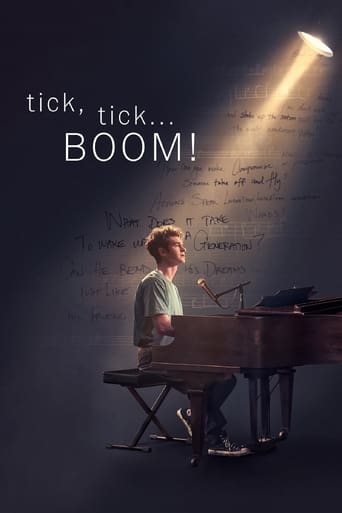

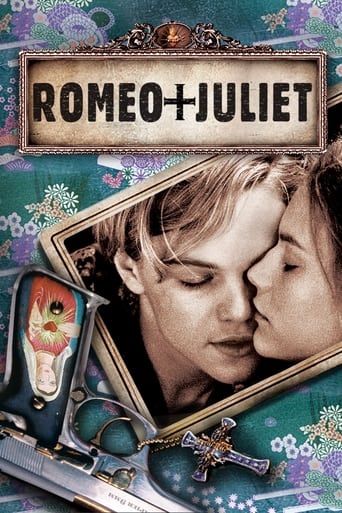
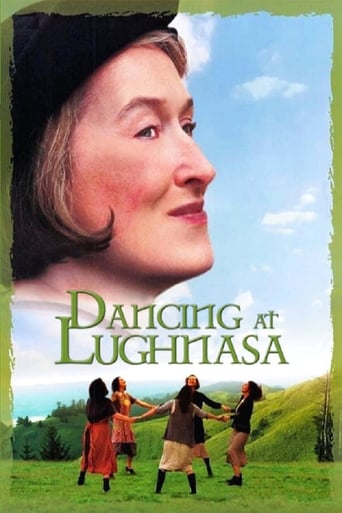
Reviews
I found this Chinese film in the book 1001 Movies You Must See Before You Die, it is often referred to as China's first horror film, there are not a lot of details available about the cast, and not many critic reviews for it, so I watched and made my own mind up. It is loosely based on The Phantom of the Opera by Gasto Leroux (the classic Lon Chaney movie was released twelve years before). Basically mysterious musical genius Song Danping fell in love with the daughter of a wealthy lord. He was beaten, scarred with acid and left for dead years ago in the burning wreckage of the old opera house. Following his disfigurement, he refused to let his lover see him, so he asked someone to write a letter telling her that he was dead. He now looms in the revuilt traditional Chinese opera house, he is looking for someone to star in his own private production, he takes and punishes any person that offends him. It was only a matter of time before his lover returned, she does not appear to have found a new love but being deformed he cannot bring himself to reunite with her. Most of the time he covers himself with his dark cloak, and the only time his lover connects with him is hearing him singing from a distance. There is also a political subplot going on involving the leftist revolutionary movement. Starring Menghe Gu, Ping Hu, Shan Jin, Chau-Shui Yee and Wenzhu Zhou. It may be dated in some regards, but it does have some good macabre drama, the face reveal sequence is most memorable, the singing and music is enjoyable listening, and despite it being a familiar story, it does work well, all together it is a worthwhile classic horror. Good!
The most immediate drawback to this film is the dialogue. At times it's extremely stiff and stilted, or at least the translation is. But it's still a rather remarkable film for for it's time. Try to get past the whole "Phantom of the Opera in Chinese" thing. If you can get beyond that, and watch the film for what it is in its own right, I think it's far more enjoyable. The interplay between light and shadow in the setting is really interesting, and probably more interesting than the plot itself. It's also amazing how Westernized this is for a Chinese film, from the music in the score to the wardrobe, and really to the action scenes at the end of the movie.
This is artistically a well made and good looking movie but due to its different techniques and approach being used, that's different from the western way of film-making, this movie is also a hard one to watch in parts.The first halve of the movie is mostly hard to follow. Basically all you see are people walking around and talking. It's often hard to fully understand what is going on and were the movie and its story is heading to. It however soon becomes obvious that this is a movie that is based on the well known Gaston Leroux novel; The Phantom of the Opera. But no, you can't really regard this movie as a Chinese version of The Phantom of the Opera. It's more a reinterpretation of the novel and it picks some different angles with its story. This is a fairly unknown and rare early Chinese production and also very little about this film is actually known. It nevertheless is listed at many places as you movie you simply have to see and I can understand why, even though this movie is not completely a successful one really as a movie.Time has not always been kind to this movie and some of the movie its quality has been lost. The quality and used techniques of this movie makes the movie seem older than it in fact really is. I'm not only talking about the types of camera's being used by also the editing, camera positioning and overall directing style. Also the music and sound often doesn't sound right and seems out of place and as if it got added in a much later stage. movie got made in the '30's, it looks more like it had been made 20 years before that. Asian movies in general often look older than they really are due to its techniques. It's for instance also the reason why most Akira Kurosawa movies look as if they were made in the '30's, while in fact they were made in the '50's. Of course this has changed, since the world now is much smaller.The second halve of the movie is definitely the best when it mixes its (romantic) drama with horror elements. The movie and its story then soon starts to get truly powerful and the movie becomes an even bigger pleasure to watch.It was already a pleasure to watch this movie due to its visual look, even though time hadn't been kind on the overall quality of the movie. It using fine, almost at times expressionistic looking sets, which probably had more to do with the budget restrictions of the movie. The movie is artistically more interesting to watch than movie-wise really.It's acting is obviously over-the-top and also one of the reasons why this movie is more outdated looking and feeling than it's 1937 release date would suggest. The actors obviously weren't movie actors but who can blame them, since in the '30's China there of course really wasn't a movie industry. It also got made in the same year as the second Sino-Japanese war started between the Republic of China and the Empire of Japan, though there already had been some fighting going on between those two, years before the actual war started, so no big surprise really that this movie got made with limited resources and both cast & crew involved obviously didn't had much experience yet in the movie business, though director Weibang Ma-Xu on a very regular basis, had been making movies since 1926 on and continued to do so till his early death in 1961.It's an interesting movie to watch.8/10http://bobafett1138.blogspot.com/
Ever since it was conceived by French writer Gaston Leroux in his novel, "The Phantom of the Opera", the tale of a disfigured musical genius who roams the Opera house has become one of the most famous horror stories of all, and the inspiration of many films. Without a doubt, the most famous of those films was Rupert Julian's "The Phantom of the Opera", produced by Universal studios in 1925 with Lon Chaney as the Phantom. That classic adaptation would be one of Universal's biggest hits of all time, and not only in America, as literally in every country it was shown it became very popular. In one of its showings, the film was seen by a young Chinese filmmaker named Weibang Ma-Xu, whom fascinated by Chaney's performance, conceived his very own version of the story and titled it "Ye Ban Ge Sheng", literally, "A Song at Midnight".The story is set in an old theater, where many important actors performed once, but that now is abandoned as rumor says that the ghost of famous singer Song Dangping (Shan Jin) roams the place. One night, an acting troupe arrives, hoping to have success in such a famous theater. However, they all end up disappointed when they see the sad state of disuse in which the theater is right now. Despite this, they begin the preparations for their debut, and young singer Sun Xiaoou (Chau-Shui Yee) is chosen to play the lead. Xiaoou retires to practice alone, as he has troubles to sing the part correctly, and it's at this moment when he hears the ghost of Song Dangping, who appears to teach him how to sing. With the aid of the ghost, Xiaoou is a success, but when he tries to thank his master, he discovers the secret behind the ghost of Song Dangping.As written above, director Weibang Ma-Xu wrote "Ye Ban Ge Sheng" as a reinterpretation of "The Phantom of the Opera"'s story, however, he only took the concept of the deformed musical genius and created his very own tale out of it. "A Song at Midnight" is essentially, a tragic romance with horror elements, as the plot focuses on the Phantom's inability to be with the woman he loves (played by Ping Hu) and his decision to use his disciple to interact with the world he lost. It's a really fresh take on the concept, as it truly keeps the spirit of the story while at the same time adapting it to the Chinese culture. Ma-Xu plays skillfully with mystery and suspense, as he unfolds the details of the story with the care of an artisan. It's pretty obvious that he loved the concept a lot, as his development of both plot and characters is remarkably good.Interestingly, the idea of the story wasn't the only thing Ma-Xu adapted from Western film-making, the style Ma-Xu uses in "A Song at Midnight" is also clearly inspired by Universal horror movies of the 20s and the 30s (mainly "Frankenstein" and "Dracula"). With the excellent cinematography by Boqing Xue and Xingsan Yu, together with a slightly expressionist set design, director Ma-Xu creates an ominous gloomy atmosphere of mystery and magic that really sets the mood for this story of horror and romance (most of the scenes are set at night). Naturally, the film has many limitations due to budgetary reasons, however, Weibang Ma-Xu inventively manages to create a very powerful film that looks great despite his limited resources. I also must say that the work of make-up for this Phantom is simply excellent.The cast is pretty effective in their performances, and despite the natural melodrama of the story, there's little overacting in the film. In his debut on film, Chau-Shui Yee (who would become a big star in the 40s) is very good as the young Sun Xiaoou, and while he looks a bit wooden at times, he truly had a natural presence in front of the camera. As the tragic anti-hero Sing Dangping (Shan Jin) is simply excellent, managing both the fearsome and the vulnerable sides of his character with a great ease and control. It's impossible to know if the singing voices of their characters are those of Shan Jin and Chau-Shui Yee, but their work is simply masterful. Ping Hu plays Li Xiaoxia, Sang Dangping's lover, and while she looks beautiful in her role, she is prone to overacting just a bit too much for her own sake, although it's not really a problem.While an interesting example for early Chinese horror, "Ye Ban Ge Sheng" is sadly far from being a masterpiece, as there are several details that prevent this film from being perfect. Contrary to what could be expected, the film's main problem is not caused by the low budget, but by the strange pace the film has at times. What I mean is that often the story flows at a good pace but suddenly it gets slowed by long scenes of Chinese opera that, while of great beauty (and very interesting to foreigners), damage the pace the story has and can be boring to people not expecting this (In a way similar to Universal's 1943 remake of "The Phantom of the Opera"). Other than that, the movie is an excellent Chinese entry into the early horror genre, and those with a fondness for Universal horror films from the 30s will find a movie very much akin to their tastes.Sadly, when it was initially released, "A Song at Midnight" struggled to be taken seriously because Chinese critics considered it was "too American" for a Chinese film. Fortunately, audiences reacted better and it is now one of the most famous horror films in the country (so much that Ma-Xu directed a sequel in the 40s, the Shaw brothers made a remake in the 60s, and recently Ronny Yu has done another version in the 90s). Fans of Asian cinema, this movie was the beginning of all. 8/10
